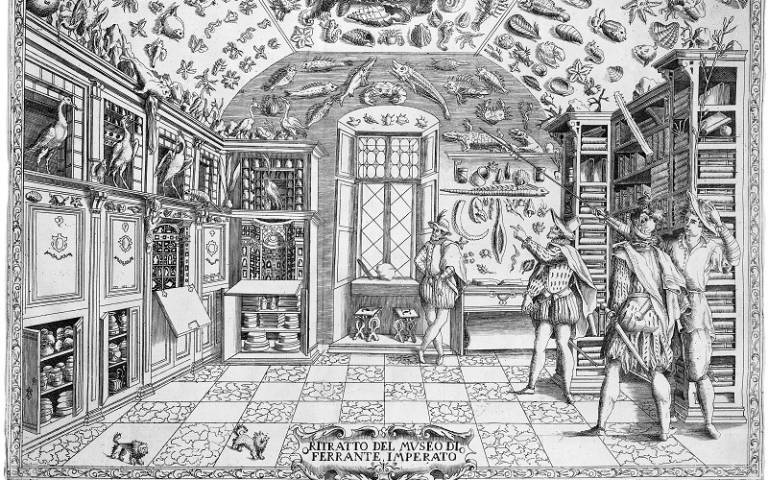The Warwick-Maison Francaise Programme: Science and European Capitals

Since the early modern period, the metropolises have become the centre of a new conception of urban identity: the world-city. Focusing on a long period from the Renaissance to Enlightenment, this collaborative project examines a theme that has emerged as central in recent studies of modern urban history and the urban history of science: metropolitan scientific culture. From the history of cultural capital in Europe to the analysis of the global-city, this project encourages scholars to think beyond national boundaries and to question the cultural centrality of the metropolis.
By studying the circulation of knowledge in specific urban sites, it is possible to develop a differential, cultural cartography and to measure the unequal distribution of knowledge and of sites of knowledge in the construction of urban Europe in the eighteenth century. By working not merely on one capital city but on the dynamic between metropolises, it is possible to emphasize the role played by knowledge and intellectual networks in the production of metropolitan identity through these local differences, and to reshape the traditional problem of centre and periphery.
An earlier stage of the project explored the interpretation of European capital cities as centres of knowledge from the Scientific Revolution to the Enlightenment, in order to investigate connections between the world of learning and the emergence of urban identities in Europe. This contributed to a wider reflection on cultural history of capital cities and intellectual milieus.
This part of the project considers the European capital city as characterized by a new idea of the urban territory; the shaping of a metropolitan society; the centralization of intellectual activity and cultural facilities (theatres, museums, libraries, university, etc). The inventory of equipments (libraries, laboratories, etc.); of intellectual and educational institutions; and other forms of sociability which served as structures to welcome foreigners; also provides a prosopography of scholars by signalling clearly the new distribution of knowledge and of scientists that emerged during the Enlightenment. But this study alone cannot suffice, because it supposes that the criteria of a ‘capital’ were stable between the seventeenth and the eighteenth centuries. To break with this teleological approach which encloses the construction of European capitals in a frozen and finalist perspective, it is useful to extend the methodology with a study of the invention of an intellectual functionality of the modern city. The conversion of knowledge into ‘symbolic capital’, does not result in a simple accumulation of data and of facilities. This project therefore reinterprets the notion of ‘cultural capital’ by giving it a dynamic, conflictual dimension.
